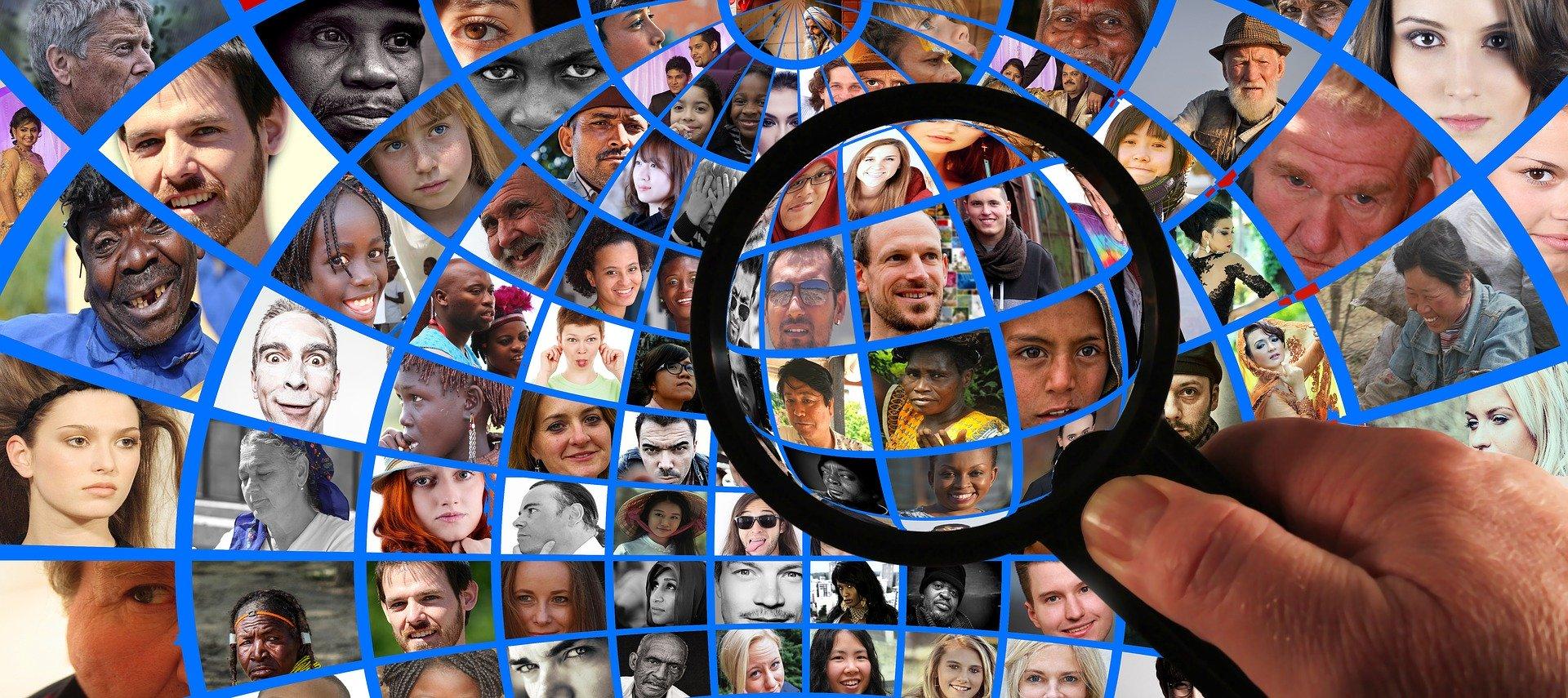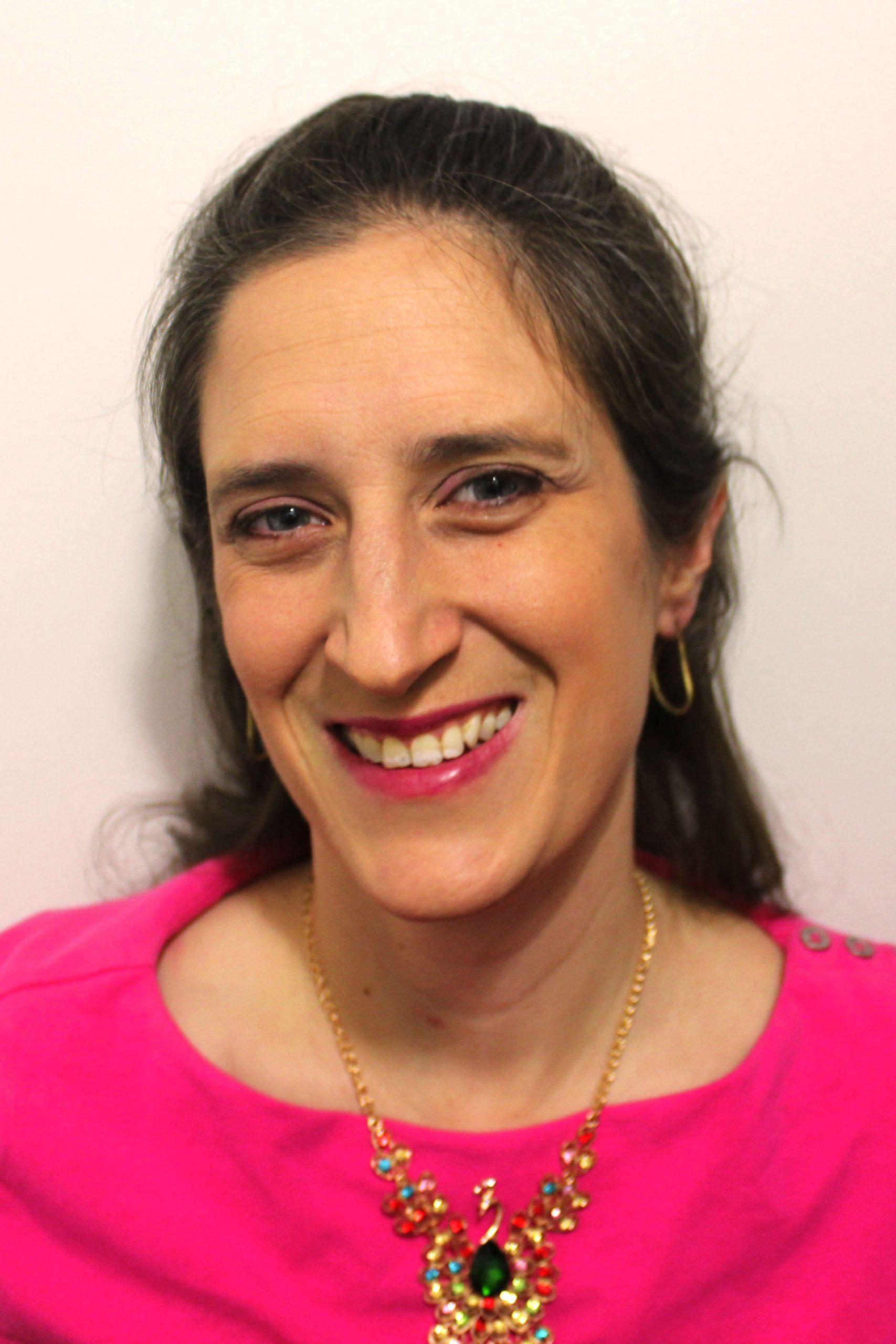Judge Salas Gives Moving Speech About Privacy And Recent Home Shooting

“Two weeks ago, my life as I knew it changed in an instant, and my family will never be the same,” Federal Judge Esther Salas began her heart-wrenching statement shared on Youtube. “A madman, who I believe was targeting me because of my position as a federal judge, came to my house.”
A man, disguised as a FedEx deliveryman opened fire when the judge’s only child, 20-year-old Daniel Anderl, opened the door. The shooter, later identified as Roy Den Hollander, an anti-feminist men’s rights lawyer, died one day later, by suicide. He left behind a list of other potential targets, authorities say, including at least one other judge. He was already suspected in the recent killing of another men’s rights activist and attorney, Marc Angelucci, near Los Angeles.
Salas Calls For Privacy For Judges
Salas spoke her heart through the nine-minute video, expressing the deep sorrow over the loss of her son and anger with the shooter, whom she called a monster.
“My family has experienced a pain that no one should ever have to endure. And I am here asking everyone to help me ensure that no one ever has to experience this kind of pain. We may not be able to stop something like this from happening again, but we can make it hard for those who target us to track us down.”
She discussed the companies that make personal information available to the public, which allows people to pay for information that is private. Dozens of these companies exist and offer deeply personal information that open judges and other officials up to these kinds of situations.
Salas said, “In my case, the monster knew where I lived and what church we attended and had a complete dossier on me and my family. At the moment, there is nothing we can do to stop it, and that is unacceptable,” she said. “My son’s death cannot be in vain, which is why I am begging those in power to do something to help my brothers and sisters on the bench.”
We Need To Do More Than Protect Public Personalities

Not only are judges and other public officials vulnerable via these sites, but everyone is. Women who have escaped violent relationships, people who have been victimized by stalkers, or folks who have simply defaulted on payments due to financial difficulty are made vulnerable through these companies.
Recent rulings have deterred robocalls from continuing, but actual physical privacy is not protected, thanks largely due to these people finder websites, social media, and other companies that ask for far more vulnerable information than should ever be given to strangers.
While there is little that we can currently do to keep our personal information private, we can call for laws that protect our privacy and safety. Judge Salas’ experience can be a catalyst for all of us to band together to protect ourselves from improper use of our personal information.






